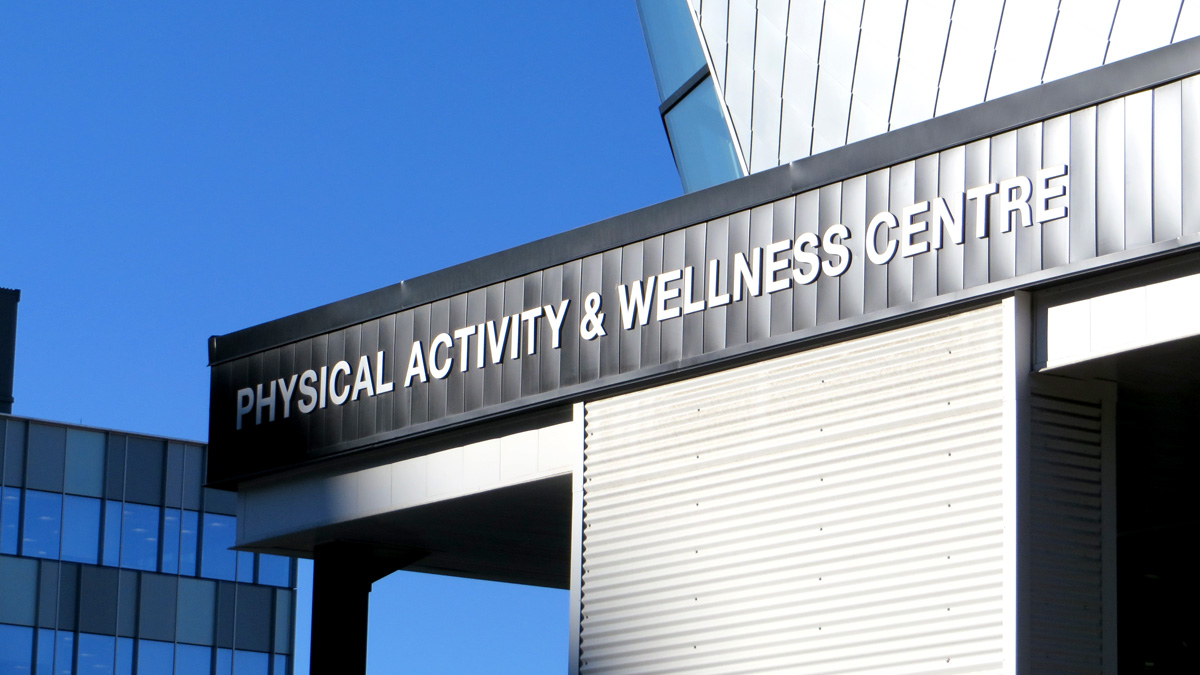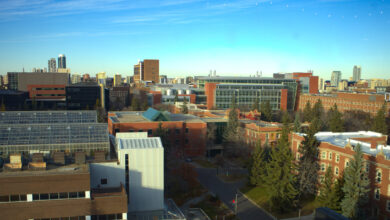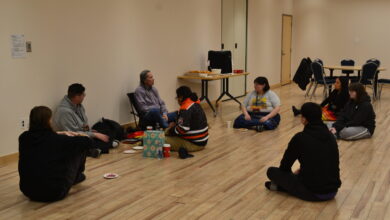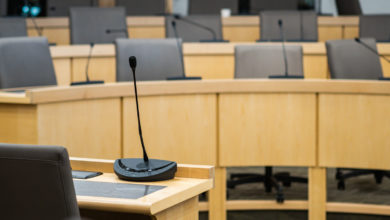Wildfires a new reality as the Earth continues to warm, says researcher
Wildfire researcher Mike Flannigan says people should continue to prepare for more bad fire outbreaks, year-after-year due to human caused climate change
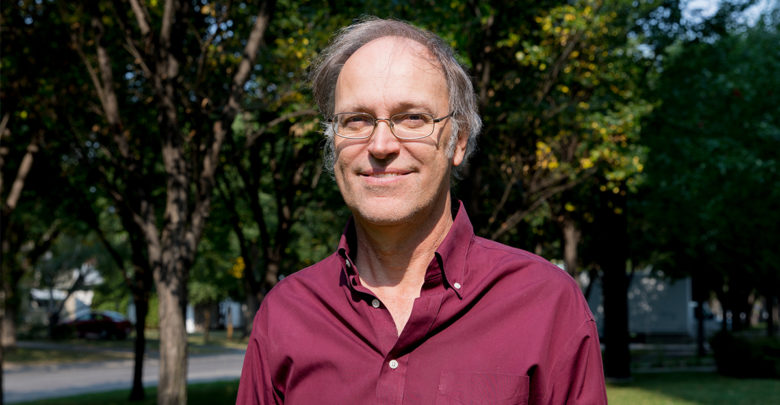 Supplied
Supplied As Alberta nears the start of its wildfire season, a researcher at the University of Alberta is saying the world will have to learn how to live with bigger and more intense fires.
In 2019, the Alberta wildfire season was the second-worst in the province’s recorded history — with 1981 being the only worse year, according to information from the Government of Alberta.
Data obtained from Alberta Wildfire shows that although Alberta saw fewer wildfires than the yearly average between 2014 to 2018, the wildfire season burned 883,411 hectares of land which is higher than the average of 221,190 hectares burned yearly from 2014 to 2018. In 1981, the only year on record with more hectares burned consumed 1,357,306 hectares.
Mike Flannigan, a professor at the University of Alberta who researches wildfires, said Alberta has had a very active decade in terms of wildfires, citing the wildfires experienced in Slave Lake, Fort McMurray, Chuckegg Creek and High Level. He also predicts that human-caused climate change will cause the number of wildfires to continue increasing.
Flannigan said that while the number of fires in 2019 was down, the hectares burned is much higher than the provincial average.
“[Alberta’s] area burned was just about 880,000 hectares, which is very much above normal,” he said. “In fact, in recent years that is the second most area burned, surpassed only by 1981.”
“It’s been a really active decade [for fires],” he added. “I expect more in the future. Not every year, some years will be cooler and wetter. But on average, with climate change, we are going to see more fire in the future.”
In Canada, the area burned by wildfires has more than doubled since the early 1970s. For Flannigan, this can only be attributed to one factor: human-caused climate change.
In Alberta specifically, Flannigan attributes three reasons for an increase in the number of wildfires: longer fire seasons which now begin in March, rather than April, an increase in lightning caused by warmer temperatures, and most importantly, drier fuels — such as needles and leaves on the forest floors — which are critical to starting, sustaining, and spreading wildfires.
Additionally, critically low fuel moisture also directly impacts the intensity of wildfires — the more intense the fire, the “more difficult to impossible” it can be to put it out.
But climate-change-induced wildfire outbreaks are far from a phenomenon isolated to Alberta. Places around the world, including the current bushfires in Australia, Amazon rainforests in Brazil, and California are experiencing larger fires. Displacing wildlife, directly negatively impacting biodiversity, these wildfires will become prolonged and intensified — a new reality which, according to Flannigan, is “only going to get worse and worse.”
Flannigan said while the form of ignition or types of fuels may differ around the world, the reality stays the same: warmer temperatures will mean more fires.
“Fire is not a problem on an average day with average temperature and wind,” he said. “Fire management agencies are very good at their job, they can put it out. It’s those days when it is hot, dry, and windy and [the fire] is large enough, over the size of a football field, and fuel is dry when you have a real challenge.”
Flannigan said that while fires happen in a locality, they have “large-reaching” impacts.
“The bottom line here is we have to learn to live with fire. It is not going to go away and there are consequences for wherever in the world [they happen],” Flannigan added. “Because it can burn communities down, or portions of communities, evacuations, and smoke can travel.”
“Expect more of the same. Next year, or this year in 2020, there will be bad fire outbreaks… It could be Spain, the Mediterranean, California seems to be hit every year, could be British Columbia again, or Alberta.”
“I don’t know where it is going to happen for sure, I just know it is going to happen,” Flannigan said.

